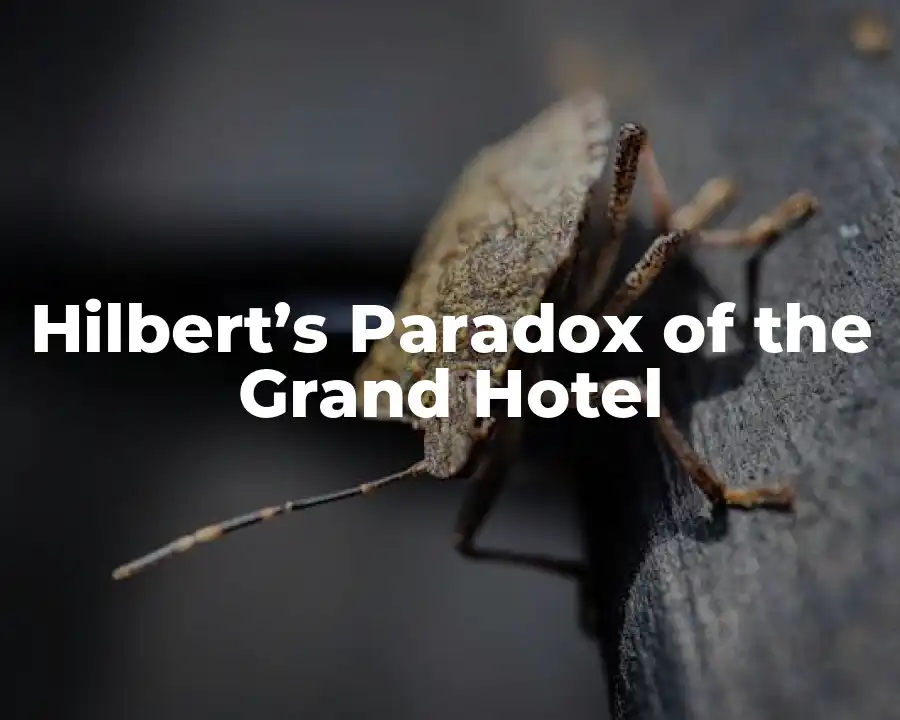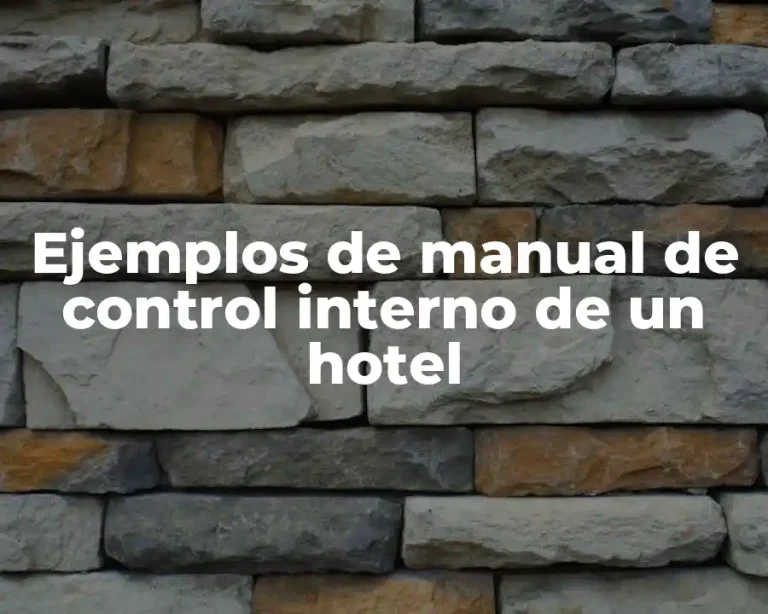Introducción a Hilbert’s Paradox of the Grand Hotel
Hilbert’s Paradox of the Grand Hotel, also known as the Infinite Hotel Paradox, is a famous thought experiment in mathematics that challenges our understanding of infinity and the nature of counting. This paradox, proposed by mathematician David Hilbert in the early 20th century, has been fascinating mathematicians and philosophers alike with its seemingly absurd conclusions. In this article, we will delve into the details of Hilbert’s Paradox of the Grand Hotel, exploring its history, underlying principles, and implications.
The Paradox Explained
Imagine a grand hotel with an infinite number of rooms, each occupied by a guest. One day, a new guest arrives, but the hotel is fully booked. To accommodate this new guest, the manager decides to move the guest in room 1 to room 2, the guest in room 2 to room 3, and so on, effectively moving each guest to the next room. This process allows the new guest to be accommodated in room 1. However, this creates a vacancy in room 2, which can then be occupied by another new guest. This process can be repeated infinitely, allowing an infinite number of new guests to be accommodated in the already fully booked hotel.
What Does This Mean for Infinity?
The paradox raises fundamental questions about the nature of infinity. If we can add an infinite number of guests to the hotel without increasing its capacity, does this mean that infinity is not a fixed quantity? Does it imply that infinity is somehow flexible or dynamic? These questions have sparked intense debate among mathematicians and philosophers, with some arguing that the paradox highlights the limitations of our understanding of infinity.
The Role of Hilbert in Developing the Paradox
David Hilbert, a German mathematician, is credited with developing the paradox in the early 20th century. Hilbert’s work on infinite sets and Cantor’s diagonal argument laid the foundation for the development of modern set theory. The paradox is often seen as a consequence of Hilbert’s work on infinite sets and his attempts to formalize the concept of infinity.
How Does the Paradox Relate to Cantor’s Diagonal Argument?
Cantor’s diagonal argument, developed by Georg Cantor, is a mathematical technique used to prove the existence of uncountable sets. The paradox of the grand hotel is closely related to Cantor’s diagonal argument, as it relies on the same principles of infinite sets and counting. In fact, the paradox can be seen as a consequence of applying Cantor’s diagonal argument to a hotel with an infinite number of rooms.
What Are the Implications of the Paradox?
The paradox has far-reaching implications for our understanding of mathematics, philosophy, and the nature of reality. It challenges our intuitive understanding of counting and infinity, forcing us to reexamine our assumptions about the fundamental principles of mathematics. The paradox also has implications for fields such as physics, computer science, and economics, where infinite sets and counting are essential concepts.
Can We Resolve the Paradox?
Despite its counterintuitive nature, the paradox of the grand hotel has been extensively debated and analyzed by mathematicians and philosophers. While some have proposed solutions to the paradox, others argue that it is fundamentally irresolvable. We will explore some of the proposed solutions and the ongoing debate surrounding the paradox.
Is the Paradox a Result of Our Limited Understanding of Infinity?
One possible explanation for the paradox is that our understanding of infinity is limited and incomplete. Perhaps our intuitive understanding of counting and infinity is flawed, leading to the seemingly absurd conclusions of the paradox. We will examine this possibility and explore alternative approaches to understanding infinity.
How Does the Paradox Relate to Other Famous Paradoxes in Mathematics?
The paradox of the grand hotel is not an isolated phenomenon in mathematics. It is related to other famous paradoxes, such as Russell’s paradox and Banach-Tarski paradox, which also challenge our understanding of infinity and counting. We will explore these connections and the broader implications for mathematics.
Can We Apply the Paradox to Real-World Problems?
Despite its abstract nature, the paradox of the grand hotel has implications for real-world problems. We will explore how the paradox can be applied to fields such as population growth, data storage, and resource allocation, highlighting the importance of understanding infinity in practical contexts.
What Are the Philosophical Implications of the Paradox?
The paradox raises fundamental questions about the nature of reality, the limits of human knowledge, and the role of mathematics in understanding the world. We will examine the philosophical implications of the paradox, including its relationship to metaphysics, epistemology, and the philosophy of mathematics.
How Has the Paradox Been Received by the Mathematical Community?
The paradox of the grand hotel has been the subject of intense debate and discussion within the mathematical community. We will explore how mathematicians have responded to the paradox, including their attempts to resolve it, and the ongoing debate surrounding its implications.
Can We Use the Paradox to Develop New Mathematical Theories?
The paradox has inspired new approaches to understanding infinity and counting. We will examine how mathematicians have used the paradox as a catalyst for developing new mathematical theories, including alternative approaches to set theory and the foundations of mathematics.
What Are the Open Questions and Unanswered Problems in the Paradox?
Despite extensive research and debate, the paradox of the grand hotel remains an open problem in mathematics. We will explore the unanswered questions and unresolved issues surrounding the paradox, highlighting the ongoing research and investigation into this fascinating topic.
Can We Use the Paradox to Improve Our Understanding of Human Reasoning?
The paradox of the grand hotel has implications for our understanding of human reasoning and cognition. We will examine how the paradox can be used to study the limitations of human intuition and the role of cognitive biases in mathematical reasoning.
How Does the Paradox Relate to the Foundations of Mathematics?
The paradox of the grand hotel has implications for the foundations of mathematics, including the axioms of set theory and the nature of mathematical truth. We will explore how the paradox challenges our understanding of the foundations of mathematics and the ongoing debate surrounding these issues.
Yuki es una experta en organización y minimalismo, inspirada en los métodos japoneses. Enseña a los lectores cómo despejar el desorden físico y mental para llevar una vida más intencional y serena.
INDICE







